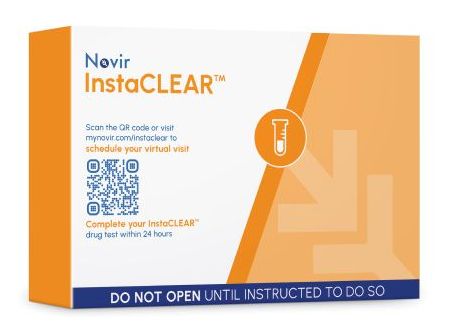Legal defensibility is crucial for employers navigating ever-changing drug laws. Whether it’s legalized marijuana, opioid misuse, or regulations affecting a company’s ability to maintain a safe, drug-free workplace, staying compliant ensures protection against legal challenges.
Strengthening Your Workplace Drug Policy
Defensibility begins with a well-written substance policy. Take the time to construct a written policy with proper testing procedures and you’re more likely to deter potential legal issues as well as substance abuse.
Some argue that a vague and broad Drug Free Workplace policy is the best choice because it affords flexibility. I would argue that a detailed policy with well-defined rules and procedures is more effective. Setting clear expectations for managers and employees is better from a leadership standpoint.
Remember, though. I’m not a lawyer.
And if you’re not a lawyer either, you should have your policy reviewed by one who is knowledgeable about employment law in the state(s) where you operate. We do this all the time, get in touch with us if you need help in reviewing your existing drug-free workplace policy.
The Role of Managers in Drug Policy Enforcement
It happens frequently that management does no even know or follow its own policies. It seems obvious, but people are busy. You’re busy. I’m busy. But when an employee’s attorney comes knocking, it doesn’t matter how busy you are. Make time now. It’s time well spent.
Know and follow your policy. If you don’t follow it, it’s easy to challenge. If you do follow it, it’s easier to defend.
Adapting to Evolving Drug Laws
As concerns about drug use in the workplace increase, and with state laws in constant flux, employers are taking a fresh look at drug testing.
As a result of an OSHA communication, some are afraid of post accident testing. Fortunately, OSHA clarified their position and now supports post-accident drug testing.
Some employers are relaxing their drug testing, simply because they are looking for warm bodies. It’s a mistake, of course. A bad employee is still a bad employee.
Many employers are treating drug testing as an employee health issue – detecting people with dependencies and helping them get treatment. So they have expanded the panel of drugs they test for and are implementing random drug testing.
When it comes to making your drug testing program defensible, make sure you keep up with regulations, federal and state laws, and be sure to know and to follow your own company’s policy.
For help with a drug-free workplace policy, contact InOut Labs.


